In-depth: Blue is for boys
March 30, 2022
Boys like blue. Boys should play with trucks and roughhouse. Boys shouldn’t wear dresses. Boys don’t cry. Boys should be aggressive to prove their manliness.
These are items listed by the Gender Equality Law Center (GELC) as examples of gender stereotypes that can affect boys in their early years. Gender stereotyping, as defined by the GELC, is “an overgeneralization of characteristics, differences and attributes of a certain group based on their gender.” The stereotypes projected onto men change as they grow older.
“When they’re younger, boys should like blue, and they should play with trucks and action figures, girls should like pink and play with dolls and dresses,” Craig Dickinson, KHS Health and Wellness teacher, said. “As kids get a little older, it’s not OK to cry. There is a lot of pressure on boys to not show emotions, being emotional is seen as feminine.”
According to the Institute of Physics (IOP) in their article about how gender stereotypes affect young people, gender stereotypes originate from local cultures and traditions. According to the article, gender stereotypes begin to form in infancy, and these ideas are learned from friends, family and institutions.
“By nature no one is going to follow these stereotypes 100%,” Mac Tyrrell, junior, said. “But we grow up hearing about [these stereotypes] and hearing that’s what we’re supposed to be, so sometimes we force that onto ourselves.”
The definition of toxic masculinity, according to Oxford Languages, is “a set of attitudes and ways of behaving stereotypically associated with, or expected of men, regarded as having a negative impact on men and society as a whole.”
“[Toxic masculinity] leads to mental health issues,” Dickinson said. “A lot of depression, anxiety, and that can connect to suicide.”
Stem4, an organization that advocates for teen mental health sent a survey to young men asking them about their mental health. According to the researchers the “fear of being perceived as ‘weak’ is meaning many young boys and men are not seeking help for their mental health problems.”
You have to be true to yourself. Take time, explore, think, reflect [and] most importantly talk, whether it’s a trusted adult or friends.
— Chris Dickinson
The survey asked participants what their most prevalent mental health difficulties were, 47% of participants answered stress, 33% depression or low mood and 27% anxiety. Participants were also asked if they had reached out to anyone for help, and 46% said they “wouldn’t ask for help even if things were to get ‘really bad.’” Researchers found there were several reasons men may not seek help, including that doing so would make them feel “less masculine.”
“Mentally, it is straining to be chasing after the perfect picture [of masculinity],” David Gaither, sophomore, said. “You are constantly pushing yourself to be one way, and if someone, like your family or society, is encouraging you, it’s complicated, because it’s like, ‘Well do I stop then?’ Even if it causes you mental strain.”
The survey also asked participants how societal and cultural expectations affect young men and how they perceive mental health. Almost half said they felt “pressure from peers to behave in a dominant, masculine way” and this prevented them from openly discussing their mental health.
Many of the young men said they felt isolated in their struggles, and that they did not know how to reach out for help. Dickinson said there are many options available.
“Don’t buy into what society says you have to do,” Dickinson said. “You have to be true to yourself. Take time, explore, think, reflect [and] most importantly talk, whether it’s a trusted adult or friends. Part of the problem is people feel like they’re the only person struggling with this.”


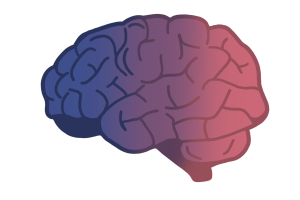
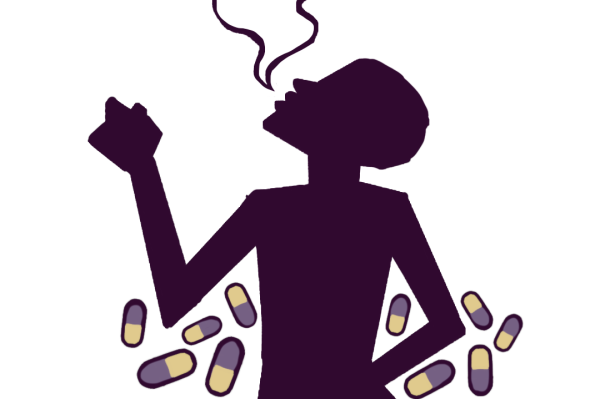


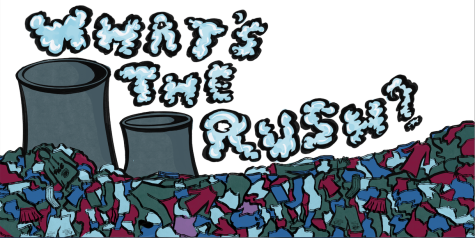
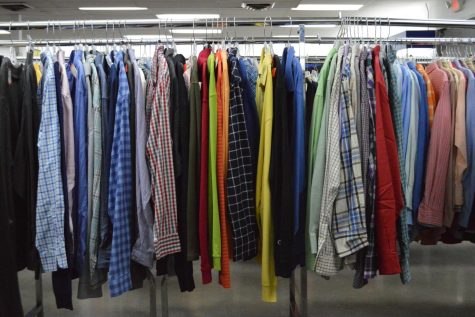

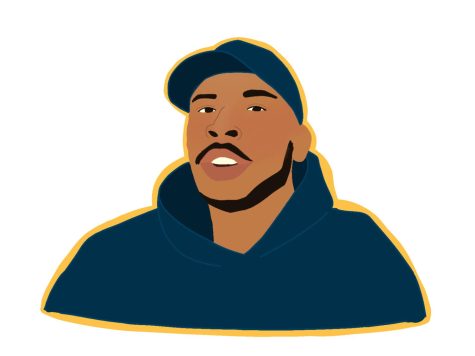
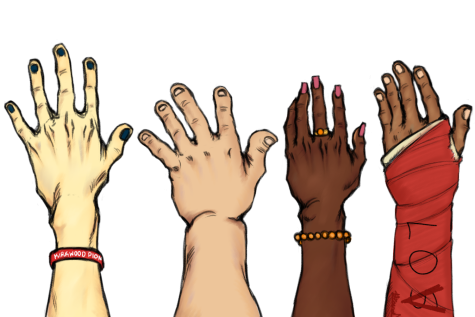

![“[Fashion is] a means to express myself,” Ezra Birman, senior, said. “I can’t imagine a world where I didn’t dress like this.”
Art by Ally Hudson](https://www.thekirkwoodcall.com/wp-content/uploads/2022/03/ezrapolaroid-e1646944084982-475x318.png)